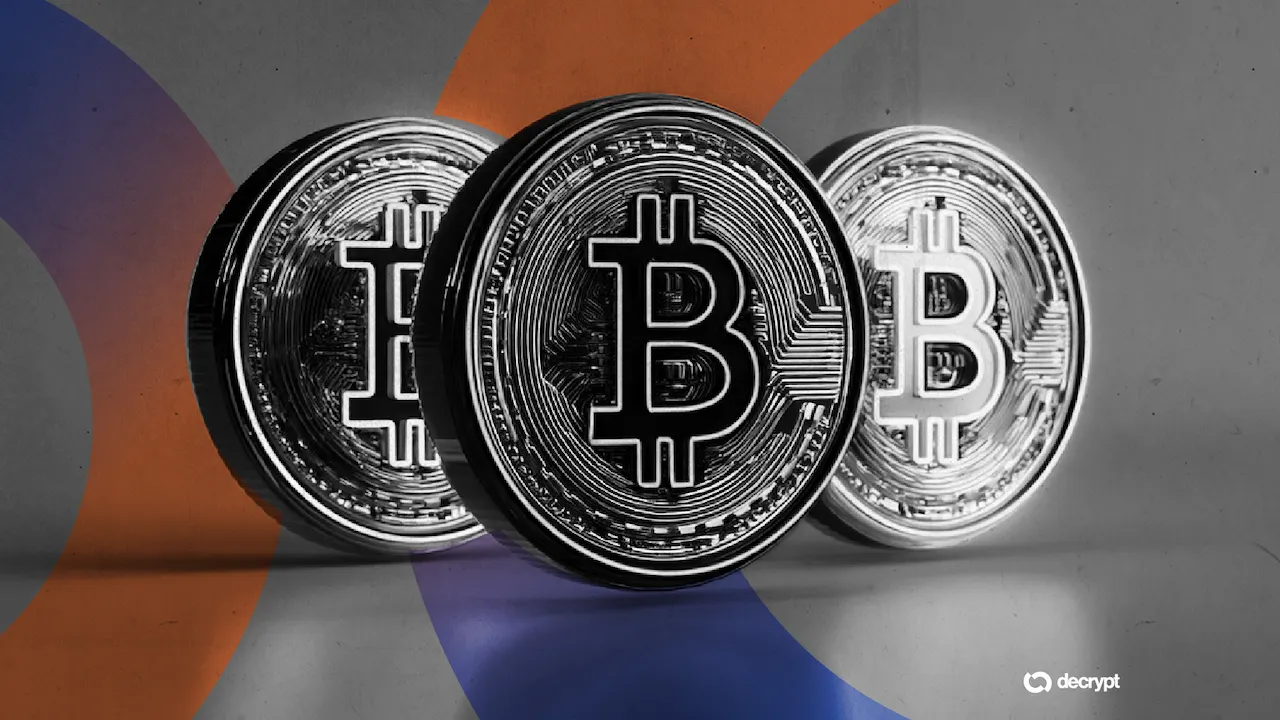In brief
- The measure directs the country's central bank to purchase 10,000 BTC over five years, with a 20-year holding requirement.
- Custody, proof-of-reserves, and disposal rules would be codified by law and regulation.
- Local crypto voices call the proposal bold but warn of volatility, fiscal tradeoffs, and gaps in financial literacy.
The Philippines has introduced a proposal to establish a Strategic Bitcoin Reserve, a measure that would direct its central bank to accumulate 10,000 BTC over five years under a two-decade lockup period.
The bill was introduced in the House of Representatives as House Bill 421 by Congressman Miguel Luis Villafuerte, calling for the country's central bank to manage the reserve under strict trust and reporting requirements.
Formally called the Strategic Bitcoin Reserve Act, the bill mandates yearly purchases of 2,000 BTC and allows sales only to pay off government debt after 20 years. If enacted, the measure would mark the Philippines as one of the first countries in Asia to legislate a sovereign Bitcoin reserve through a formal statute.
The “increasing significance of Bitcoin in ensuring financial and economic prowess” makes it “imperative for the country to take significant legislative measures," Villafuerte wrote.
Congressman Villafuerte also said it is “vital that the Philippines stockpile strategic assets such as Bitcoin” to support national interests and bolster financial stability.
Elsewhere in Asia, Bhutan has built Bitcoin and Ethereum holdings through hydropower-backed mining, while Pakistan has announced plans for a sovereign reserve. Unlike other countries such as the U.S. and Germany, which built holdings from law enforcement seizures, the bill directs the Philippine central bank to buy Bitcoin on schedule.
The measure "can be an asymmetric bet in the upside for the Philippines,” Miguel Antonio Cuneta, co-founder of Satoshi Citadel Industries, which once operated the country's first licensed virtual asset provider, told Decrypt.
“If we look at the other countries and states that have started or are planning to start a strategic Bitcoin reserve, we already have a template to follow,” Cuneta said.
Road ahead
Asked where the assets should come from, Cuneta pointed out that diversifying a small percentage into “a non-correlated, novel asset class with a track record of incredible compound annual growth rate” could strengthen its position.
“The best way would be to do it without affecting other critical sectors that need funding,” Cuneta, now a city councilor, pointed out.
Still, the bill would likely face hurdles once discussed by lawmakers.
“Although I don't believe that the proposal will actually be passed, I'm hopeful that local corporations will…begin their own journeys towards incorporating Bitcoin into their respective balance sheets," Luis Buenaventura, head of crypto at GCash, told Decrypt, citing how the proposal "casts a spotlight on Bitcoin and its growing role in treasuries around the world.”
The bill may also “signal law enforcement agencies to take greater care of confiscated assets from the various raids they've conducted over the years,” Buenaventura added.
The bill is “a bold step because it treats Bitcoin the way it was meant to be, long-term, censorship-resistant, and a true store of value like digital gold,” Paul Soliman, CEO of blockchain infrastructure firm BayaniChain, told Decrypt. “Unlike traditional reserves, a Bitcoin treasury can be fully auditable by the public if the government simply discloses its wallets.”
“That level of transparency is unprecedented in finance and could build real trust with Filipinos,” Soliman said. “Of course, risks remain—volatility, the use of taxpayer funds, and our current financial literacy gap.”
Yet with “clear governance, a smart acquisition strategy, and parallel investment in education,” Soliman hopes the reserve “could become more than just a hedge, it could be a symbol of accountability and a generational safeguard for the country.”

